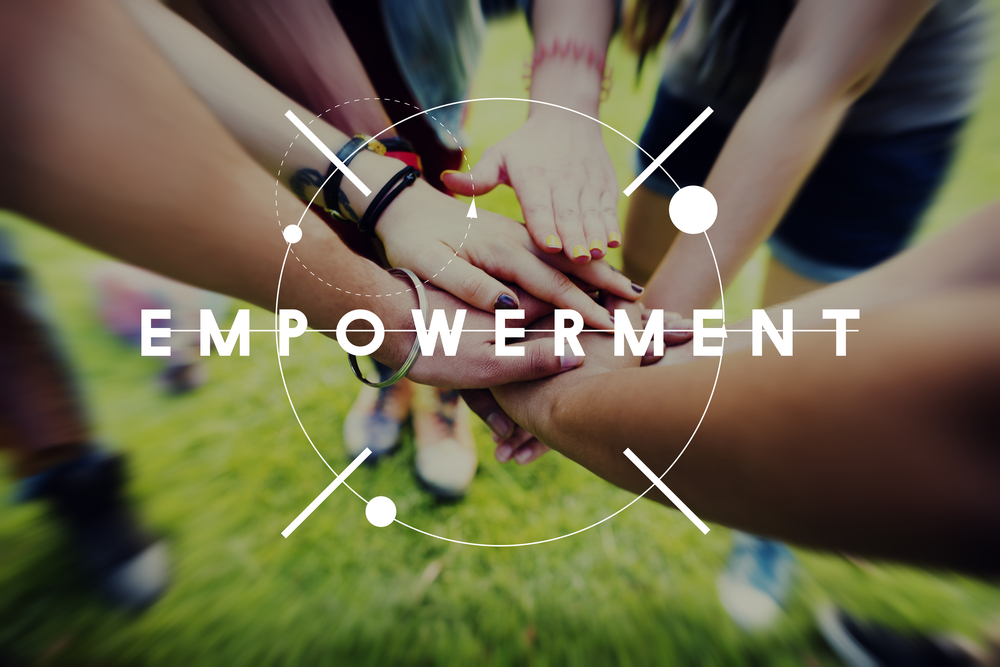The fundamental strategy to generate and consolidate the processes of emancipation, development, and personal and collective growth through “empowerment”, people and groups conquer three types of power:
- PSYCHOSOCIAL: Information, knowledge, access to social networks, awareness of the power that individual (leadership) and collectively (groups and teams) have the young people.
- POLITICAL: Access to the democratic decision-making processes that affect them.
- ECONOMIC: Access to economic resources.
Participation always occurs in a context of relations of power, conflict, and inequality. In this definition, we see conflict as a fact derived from the existence of diverse interests between different people, areas, or social groups. The question is how these differences are negotiated in a positive way, achieved by consensus the best possible outcome for all the groups or people involved in a certain situation.
We define power as the possibility of having personal resources (communication skills, self-esteem, listening skills, etc.), materials (personal computer -pc-, medicines, food, etc.), symbolic (social recognition, status, etc.), cultural (education, books, records, ancestral knowledge, etc.), political (exercise of citizenship, participation in government decision making, etc.), and economic (money, credit capacity, etc.), either individually or collectively.
When the power is not evenly distributed among the different parties that may be involved in a conflict, the possibilities of negotiating on an equal footing are reduced, achieving consensus on the best solution for all.
So, empowerment is the process that allows balancing this situation of inequality of forces, increasing and strengthening the resources of the disadvantaged party or parties. These processes can originate people, groups or institutions that are not involved in the situation but, to achieve a truly successful result, the disadvantaged party must assume its role. It is achieved through personal self-esteem and the recovery of dignity as persons. We define it as a process of capacity building necessary to take part in society.
Youth Empowerment
Youth empowerment refers to participation in decision-making. Empowering young people means allowing them to make decisions about issues that impact their lives. Young people are not passive; they are active agents for development and change!
The key to youth participation and empowerment is access: Young people should be provided with equal opportunities like education and employment, services such as health care, and resources and information. The key to youth participation and empowerment is also equity: All young people should be able to participate. The involvement of young people in the planning, application, monitoring, and evaluation of policies, programs, and services related to youth makes them more relevant, efficient and effective as a target group – young people!
Meanwhile, Professor Sherif Delawar, who is prominently known as an author and keynote speaker from Egypt, has tremendously campaigned for the awakening of the Egyptian youth. Many of his speeches, as well as books, remain a great source of knowledge and wisdom for the youth. Mr. Delawar has also covered the subject of Egyptian youth descriptively in his writings.
The World Bank, in its book ‘Empowerment and Poverty Reduction,’ has defined empowerment as “the expansion of resources and the ability of poor people to participate, negotiate, influence, control and hold responsible institutions that affect their lives.”
Empowerment increases authority and personal control over resources and decisions that affect one’s life. It is not only related to wealth and poverty, but also to the social, environmental, and psychic influences that play a critical role in the empowerment of individuals.
















